Costa Rican producer aims to reach 10,000 MT of production through better breeding
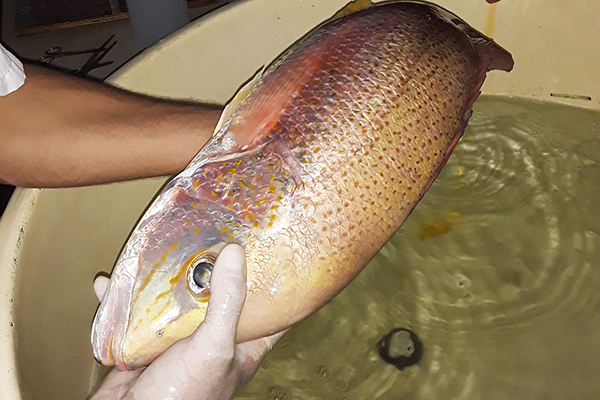
Costa Rica-based aquaculture company Martec has partnered with Xelect, a genetics company in Scotland, to ramp up production of spotted rose snapper through modern techniques.
Martec is a fully integrated, BAP-certified (Best Aquaculture Practices) producer based in Quepos, Costa Rica. Xelect will help the company “balance pedigree control and inbreeding with continuous gains in important traits through selective breeding” of spotted rose snapper (Lutjanus guttatus), the companies said in a joint release.
The aim is to increase annual production to 10,000 metric tons (MT).
“The first step is developing a bespoke genetic marker panel for Martec, which allows them to analyse genetic relatedness,” Xelect’s breeding program manager, Dr. Carlos Diaz Gil. “We’ll then effectively work as an in-house genetics department for them, analyzing hundreds of thousands of possible breeding combinations to create the best possible improvements in key traits.”
Tony Broadhurst, Martec’s technical director, added: “After more than a decade applying traditional methods, we’re starting to use 21st century technology to choose the best fish for breeding our future generations”.
Accordin to Xelect, genetics are becoming “the norm” for producers of all sizes and for a wide selection of popular species like salmon, bass and bream, carp, tilapia and pangasius.
“The whole industry is waking up to what’s possible,” added Xelect CEO Prof. Ian Johnston.
Follow the Advocate on Twitter @GSA_Advocate
Now that you've reached the end of the article ...
… please consider supporting GSA’s mission to advance responsible seafood practices through education, advocacy and third-party assurances. The Advocate aims to document the evolution of responsible seafood practices and share the expansive knowledge of our vast network of contributors.
By becoming a Global Seafood Alliance member, you’re ensuring that all of the pre-competitive work we do through member benefits, resources and events can continue. Individual membership costs just $50 a year.
Not a GSA member? Join us.
Author
Tagged With
Related Posts
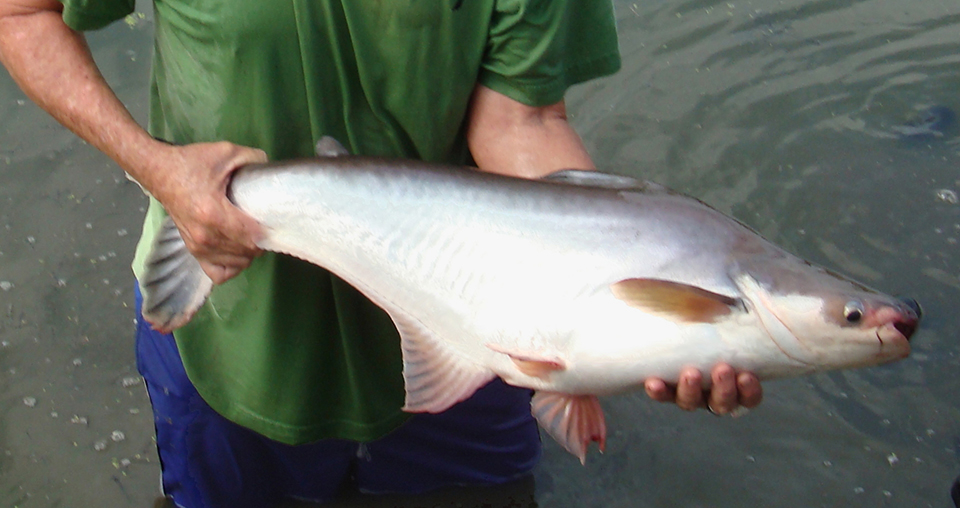
Health & Welfare
Advances in fish hatchery management
Advances in fish hatchery management – particularly in the areas of brood management and induced spawning – have helped establish aquaculture for multiple species.
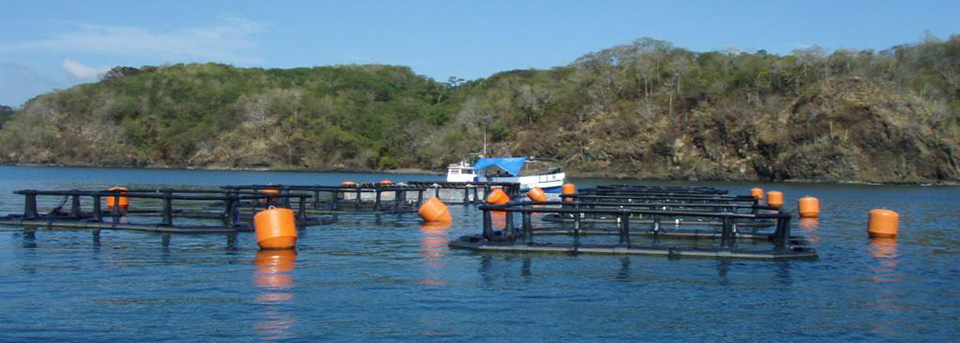
Health & Welfare
Integrated spotted red snapper aquaculture in Central America
The technology for closing the life cycle of spotted red snappers has progressed due to efforts of government and private-sector researchers.
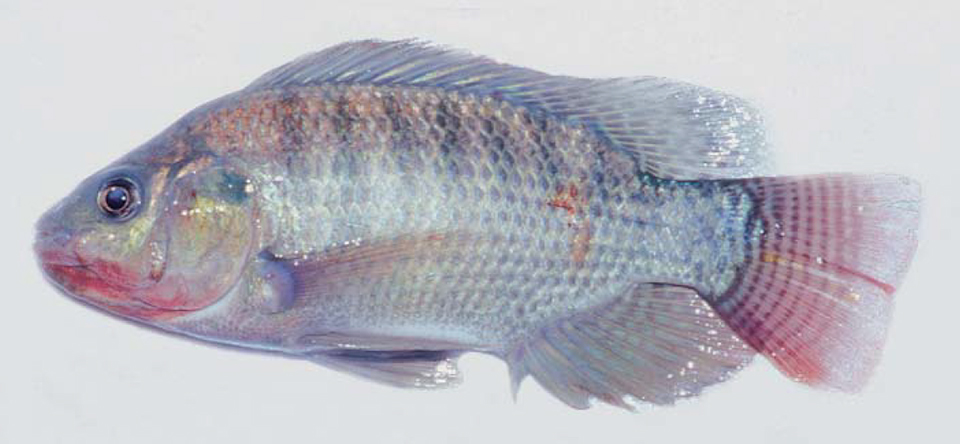
Health & Welfare
Diseases found in tilapia culture in Latin America
A surge of new and familiar diseases in tilapia culture in Latin America is mainly related to the intensification of culture methods.
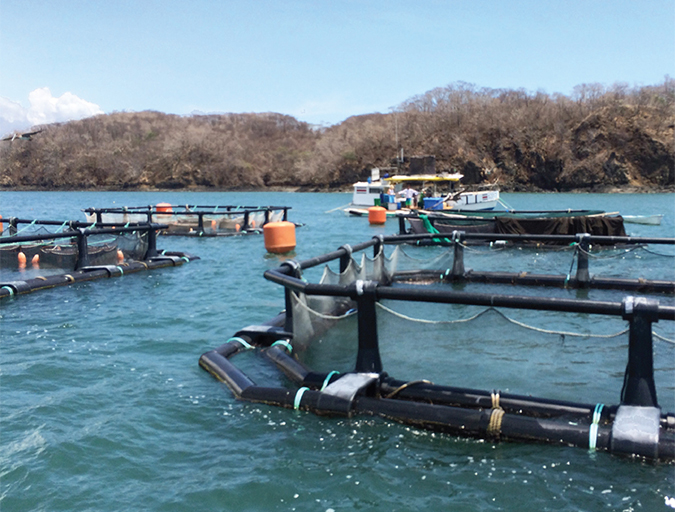
Aquafeeds
Soy protein concentrate replaces fishmeal in spotted rose snapper diets
A feeding demonstration in Costa Rica evaluated the partial replacement of fishmeal in diets for spotted rose snappers with soy protein concentrate (SPC). It found no significant difference between the performance of fish fed an SPC-based diet and those that received commercial fishmeal-based diets.


